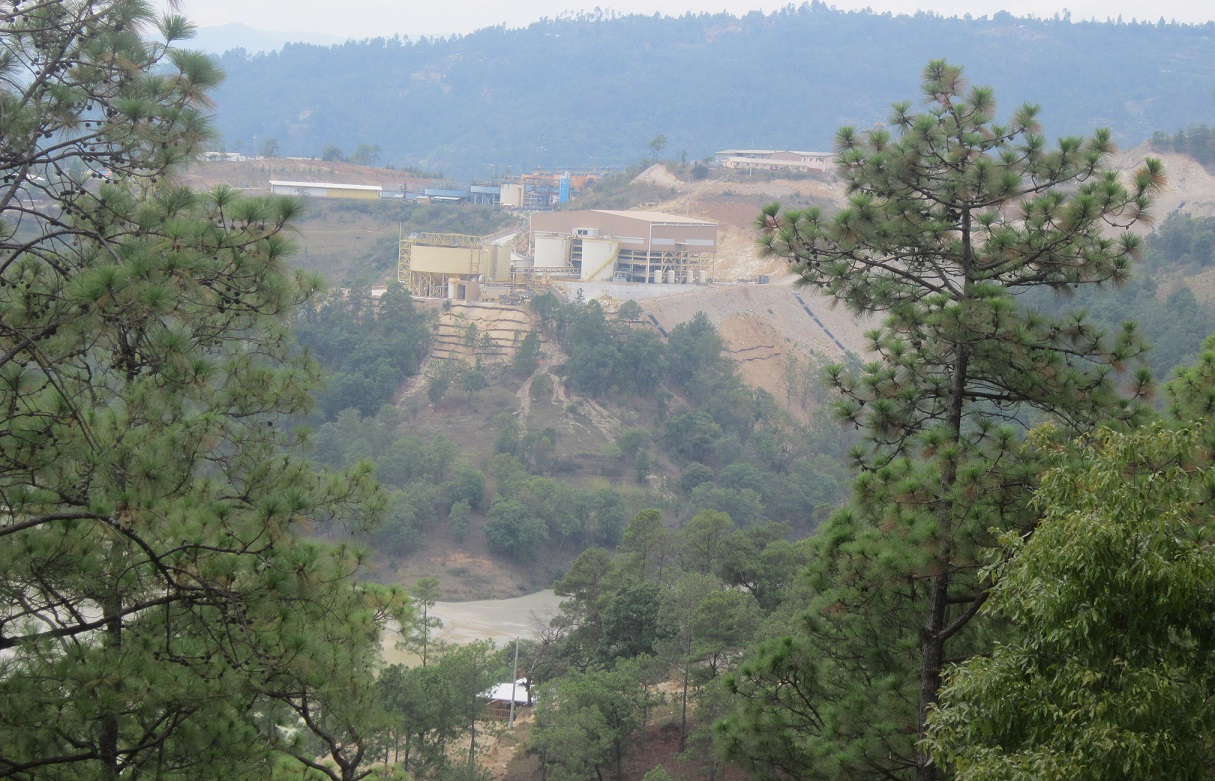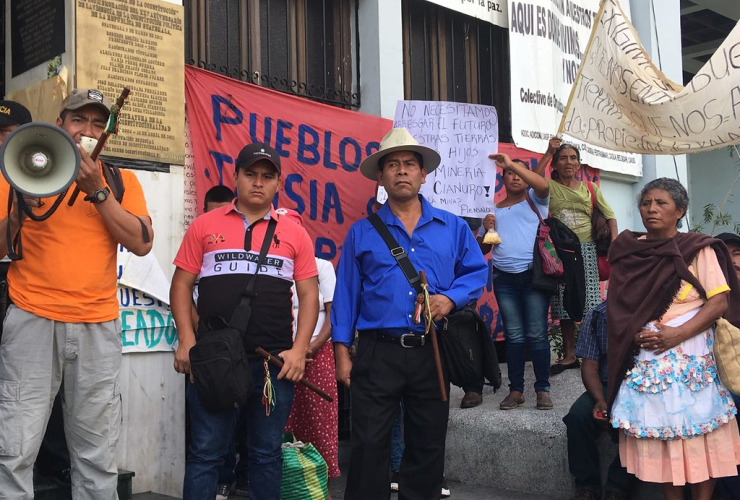The green energy transition is Canadian mining’s moment to lead, according to the federal natural resources minister and the Mining Association of Canada’s president and CEO in an op-ed they co-wrote for The Province on May 31.
The government and mining sector are betting on Canadian mineral deposits of cobalt, graphite, lithium, and nickel, which are needed to manufacture electric vehicle batteries, solar panels, wind turbines, and the like to help the country’s decarbonization efforts.
“We are building on our strengths, recognizing that the road to a low-emissions future is paved with clean technologies and that minerals and metals will provide the materials we need,” wrote Minister Seamus O’Regan and MAC president and CEO Pierre Gratton.
One of Canada’s weaknesses, however, is corporate accountability vis-a-vis human rights and environmental protections. While the Canadian government and mining spokespeople talk of inclusive growth and partnership with Indigenous communities, actions speak louder than words.
If Canada intends to be a leader of the green economy to confront the climate emergency, the federal government must address the lack of mandatory and enforceable corporate accountability measures, which have had devastating consequences — within and beyond the Canadian border.
For example, four tailing dam breaches in B.C. and Brazil, including at the Mount Polley mine, have occurred in the past seven years — all with ties to Canadian companies. These instances of corporate wrongdoing have displaced hundreds of people, destroyed entire habitats, and polluted freshwater sources. To date, the federal government has not imposed any consequences on these companies.
The Office of the Canadian Ombudsperson for Responsible Enterprise, which the Canadian government staffed in 2019 to review allegations of corporate human rights and environmental violations at overseas operations, lacks the mandate to compel evidence, rendering it ineffective.
Moreover, free, prior, and informed consent as stipulated in the UN Declaration on the Rights of Indigenous Peoples has not always been obtained by mining companies before proceeding with operations. Companies tend to mistake consultation for consent, a manipulative tactic that dismisses Indigenous people’s right to self-determination and one that Indigenous women claim repeatedly excludes them from decision-making spaces.
The gendered impacts of resource extraction are alarming. Gender-based violence and Canada’s extractive sector are intertwined, according to sources like The Final Report of the National Inquiry into Missing and Murdered Indigenous Women and Girls. As we have seen through recent land struggles, female environmental defenders, whether in B.C. or Brazil, are too often criminalized and/or threatened by public and private security.
And environmental violations have been rampant, according to impacted communities throughout the Global South where women generally experience the consequences of corporate misconduct most acutely.
This lack of corporate accountability undermines Canada’s international development, such as the Feminist International Assistance Policy.
“All (extractive companies) think about is profits,” said Sônia Guajajara, a Brazilian Indigenous activist, environmentalist, and politician. “They don’t care about how they are going to affect our identities or the environment because they don’t really care about the future.”
There are several complementary paths Canada must take to defend human rights and the environment from Canadian corporate misconduct.
One is to implement the Calls for Justice, especially the Calls for Extractive and Development Industries, in the final MMIWG2S inquiry report.
Another is for the federal government to take the advice of its own parliamentary subcommittee on international human rights and empower the Canadian Ombudsperson for Responsible Enterprise, as well as enact mandatory human rights and environmental due diligence legislation.
On May 31, the same day the “mining moment” op-ed was published, the Canadian Network on Corporate Accountability released the Corporate Respect for Human Rights and the Environment Abroad Act, blueprint for due diligence legislation that would require companies — based in Canada and operating abroad or those selling goods in Canada — and their business partners to prevent human rights and environmental violations and conduct due diligence. The act would include significant consequences for companies that cause harm and/or fail to conduct due diligence.
While the green revolution may be mining’s moment, it must also be Canada’s moment to prioritize the health and well-being of all people and ecosystems. Such leadership requires that the federal government imposes legally binding corporate accountability measures, which by default necessitate clearer boundaries between state and private institutions, such as the Mining Association of Canada.
Gabriela Jiménez has worked as Latin America partnerships co-ordinator at KAIROS since 2018, where she co-ordinates the Mother Earth and Resource Extraction: Women Defending Land and Water, a digital hub on the gendered impacts of resource extraction.






Comments